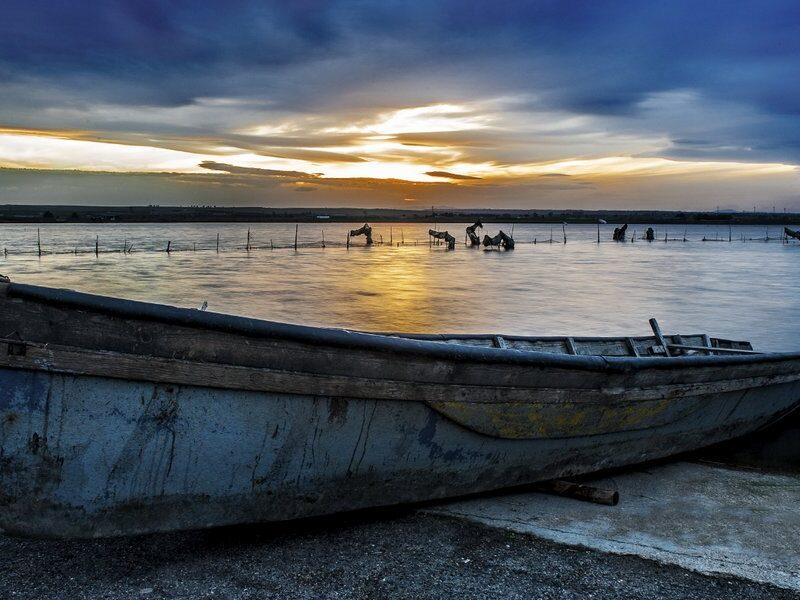AUTHORS: Stephanie Newman
A recent IEEP briefing assessed the impact of the Common Fisheries Policy (CFP) and the proposed European Maritime and Fisheries Fund (EMFF) on commercial inland fisheries. The study was requested by the European Parliament’s Committee on Fisheries and was presented by Stephanie Newman in Brussels on February 11. The study also provides an overview of the state of the commercial inland sector, including species targeted, distribution across Member States, employment, fishing methods and markets.
Inland fisheries have important cultural and heritage value and are significant in 19 Member States. Inland fishing is a valuable source of employment, particularly as it uses labour-intensive traditional methods. Although inland fishing only accounts for 1-2% of total landings, it generates approximately 10% of fishing jobs across the EU, and as many as 90% in Romania and 60% in Finland.
Inland commercial fisheries are currently mainly managed by national legislation. The CFP does not have competence over inland fisheries, except for diadromous species such as the eel, which spend part of their life cycle in sea water and part in fresh water. This study concludes that the CFP reform will not have a significant impact on the majority of inland species, but fisheries for diadromous species may benefit from reforms such as the discard ban and sustainability targets, though these must be properly implemented for these benefits to materialise. Of greatest potential is the EMFF which could have a significant positive impact on inland fishing through community-led local development.


